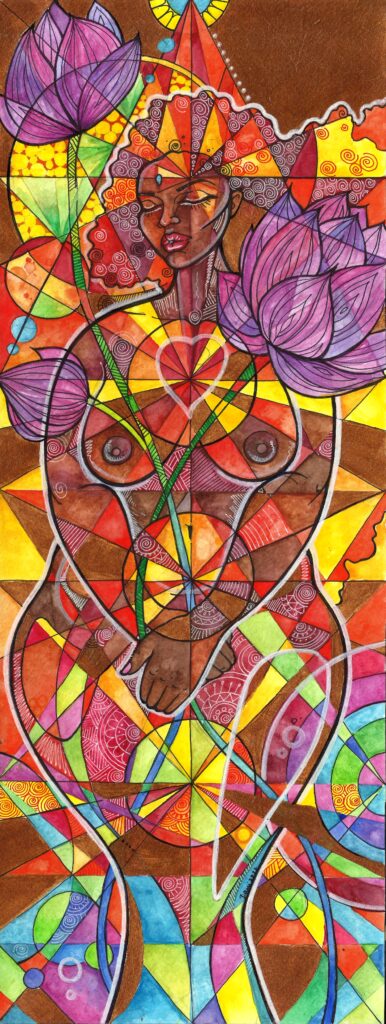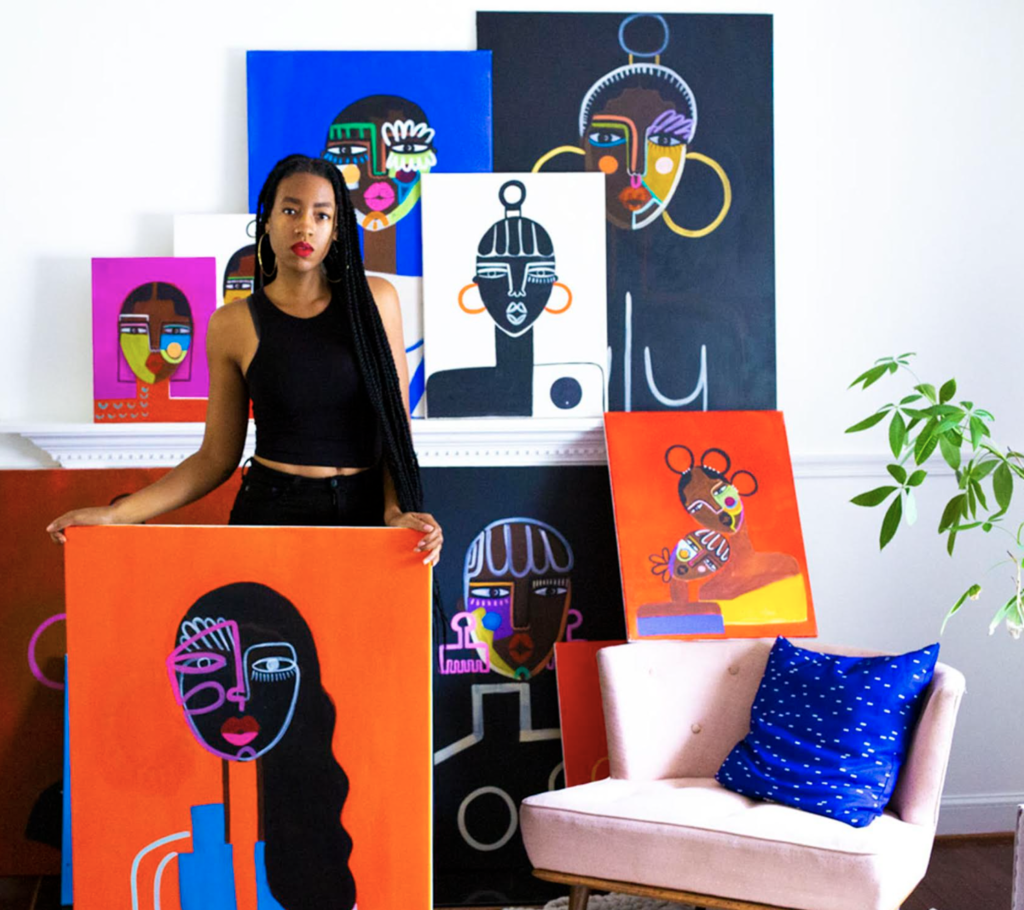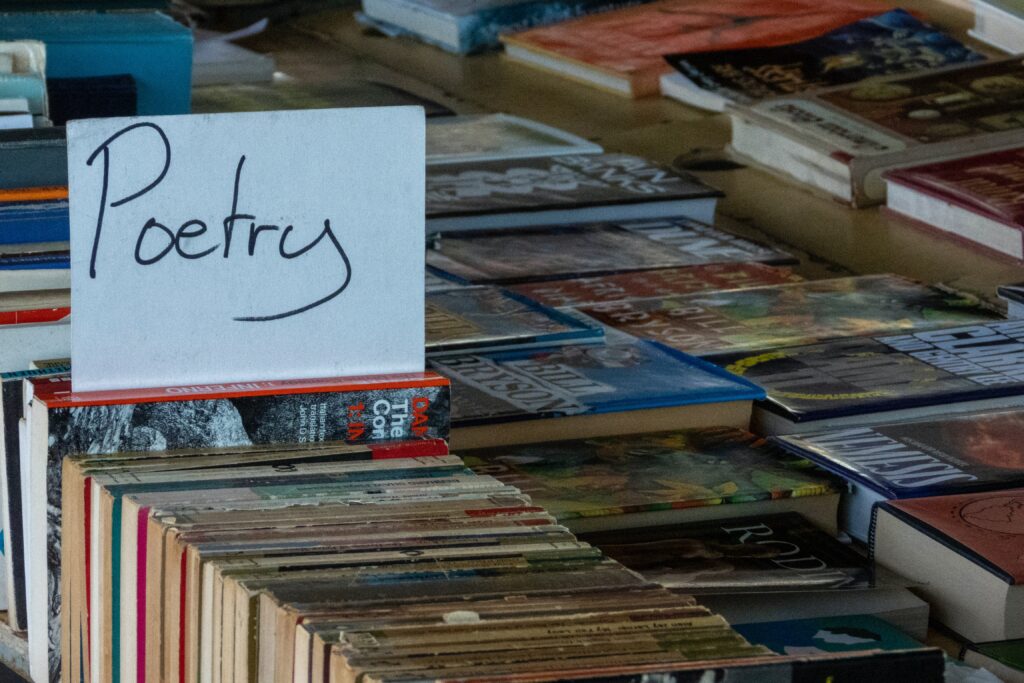Written By: Brian Lawrence
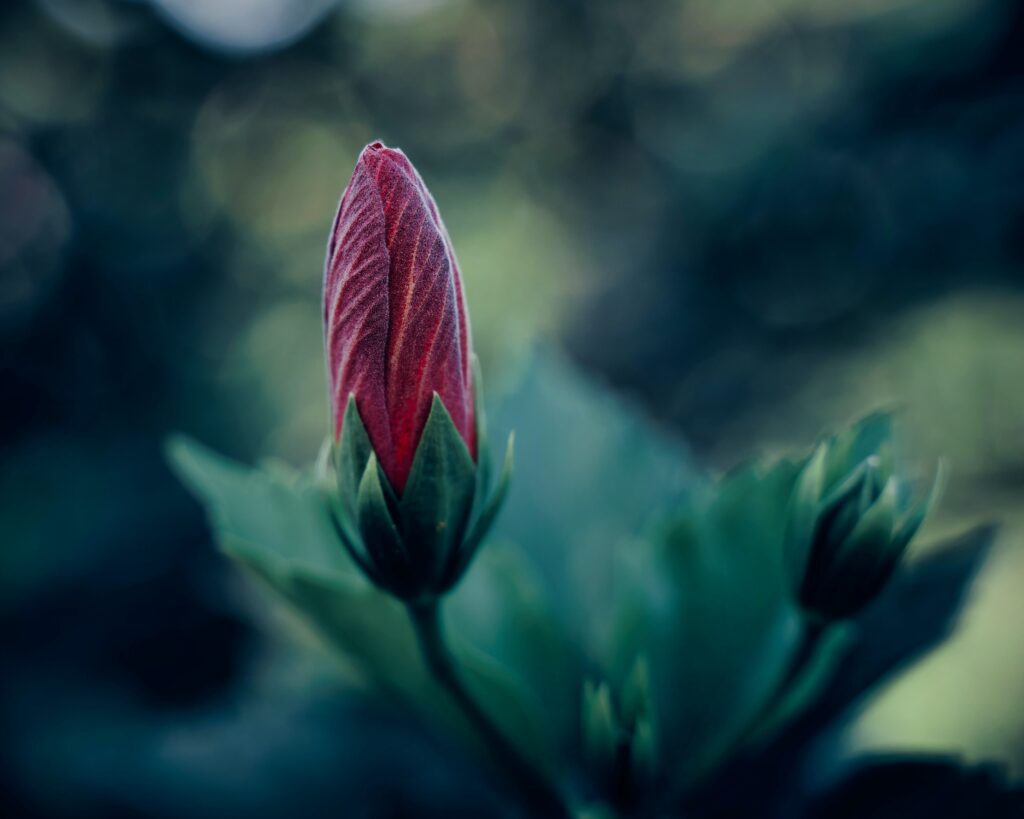
Incubate /ˈiNGkyəˌbāt/ (verb)
- To give support to, and aid the development of, someone or something
- To keep someone or something in a suitable environment so that proper
development can happen
Everyone needs to be incubated. We all need the right environment to develop those strengths and abilities that we need to function effectively.
Yes, there may be times when we’re thrown into the deep end and we need to either sink or swim. But even in those kinds of intense situations, there’s an immense amount of
development that happens to take you from floundering to becoming an Olympic
champion.

Take a baby, for example: it starts out as an idea – someone wants to have a child (or
wants to “do-the-do” that makes the child). Then a sperm and an egg come together and
an embryo starts to develop and grow. It is given nutrients by the mother’s body so it
can be sustained and then nine months later, BOOM! A baby is born and it finally gets to experience the world, and vice versa.
I know that’s a very simplistic way of looking at the birthing phenom, please forgive me,
but if you think about yourself, a creative, as that baby, you go through the same phases:
you have an idea > you develop it > you birth a breathtaking art piece > you share it with
the world.
But far too often we try to quickly bypass that development stage of our creative journey
instead of truly appreciating the process of being formed into our fully matured creative
selves. We can’t ignore that we need some preparation before we’re able to take on the
challenges that turn us into proud creatives. And that is what our creative incubation
period is all about.
Let’s start with an Idea
Here you just have a thought. Barely a thought, actually. You just know you want to be, or make, something amazing. You haven’t yet put pen to paper, but you have an idea of
what you’d like to see existing in the world.
You know the direction you want to go in and you’re ready to experiment.
But how are you going to experiment if you don’t have the right tools and setting to do it?
You need to set your environment, your incubator if you will, to help you to start, nurture and birth your creative baby.

Focus on Your Creative Development
You’ve set out on the path to develop yourself as a creative professional and to make
your creative pieces, and as part of that path you need the support to keep growing. You
need a suitable environment.
As I said earlier you need the right tools, materials, inspiration, and motivation to set
your frame of mind and get into your creative zone. Without this environment your
creative self will literally die.
But why is it that we as creatives keep neglecting and trying to shortcut this crucial
stage of development that we intrinsically know we need to thrive in our chosen fields?
Don’t Give Birth Prematurely
What do you think happens when you get exposed to the big bad world and the general
public too early? You tend to die, or at the very least struggle a great deal.
I’m sorry if that sounds morbid, but that’s the actuality. If you’re not fully developed,
you’ll have a much more difficult time surviving in the world, and standing up to any kind of scrutiny that comes your way.
Be Patient with Yourself
As a creative professional, we tend to be very hard on ourselves. One of the ways that
happens is when we ignore the fact that our development takes time to happen.
No one is born great. It takes time to learn, try, flop, and fly in any area of life that you’re
dealing with. And creative work is no different. Part of your creative journey and
development is trial and error. And to grow, you need to be tested and pruned.
This is why you need a suitable environment. Without the right environment, you may fall
down and never get up. Without acknowledging and accepting the time and effort required to take your ideas from that initial point to full maturity, you’ll end up killing more of your creative dreams than you birth.
The truth is all creative professionals, even the veterans, need to embrace the entirety of
their creative development if they want to grow. That means coming into an appreciation of that incubation period, improving on how it works for you and leveraging it to make significant strides on your creative journey.
This is a lifelong process, and everyone’s journey is as unique as they are. Do your best
not to get caught up in trying to figure out how quickly you can churn out ideas to stay
relevant. Embrace your own creative incubation, and focus of developing into your true creative self.
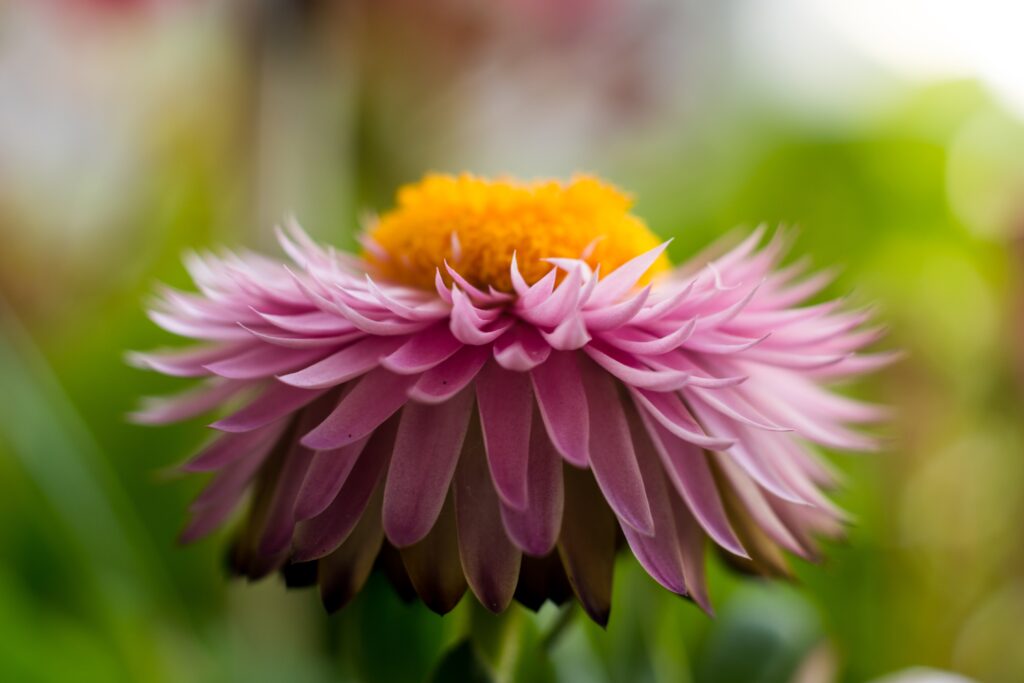
“Without the right environment, you may fall down and never get up. Without acknowledging and accepting the time and effort
required to take your ideas from that initial point to full maturity, you’ll end up killing more of your creative dreams than you birth.”
~ Brian Lawrence

